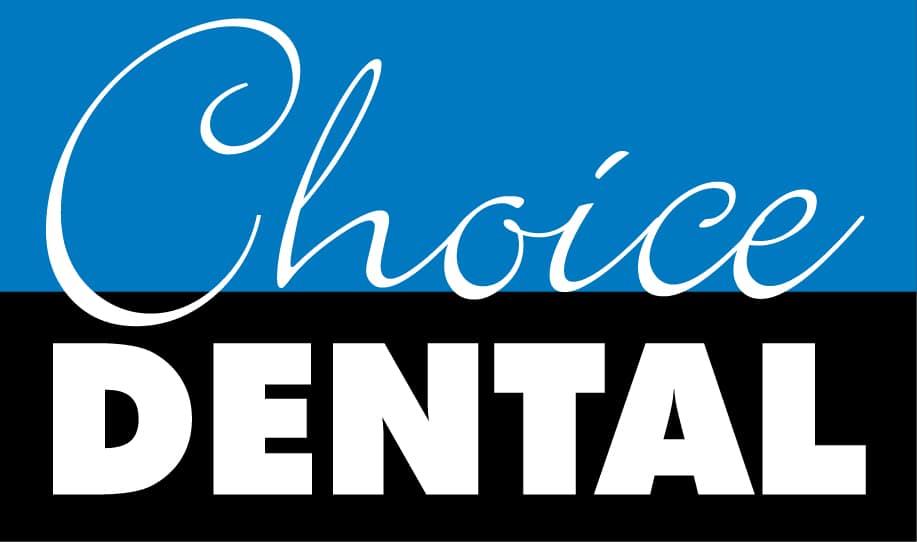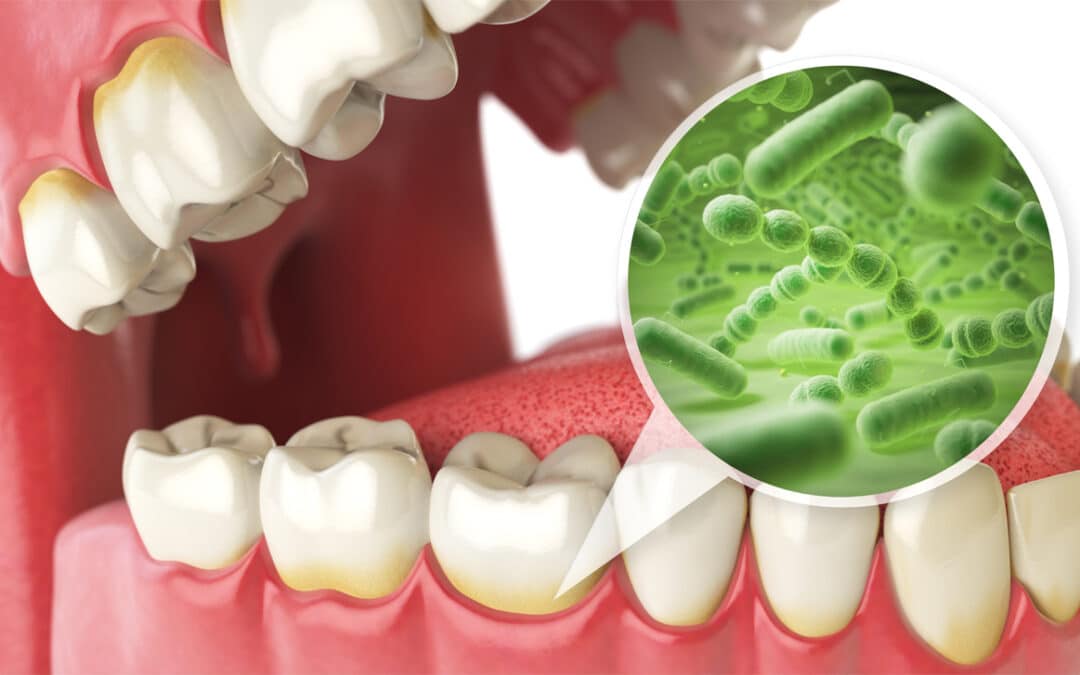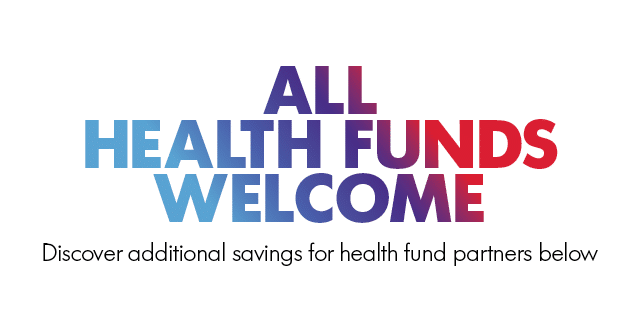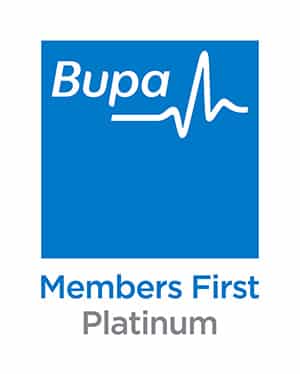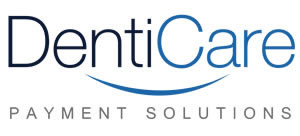On 20 March 2018, World Oral Health Day focused on the theme “Healthy mouth, healthy body”. Why? Because having a healthy mouth is a crucial part of maintaining good overall health and well-being. If you have healthy teeth and gums, you can chew and digest your food well, and your body is able to absorb the maximum nutritional benefits.
The mouth-body connection is also important since poor oral health is associated with other general health disorders, such as osteoporosis, diabetes and cardiovascular disease. But one aspect of oral health that is often overlooked is the impact oral bacteria may have on the rest of your body.
Oral Bacteria Can Invade Other Parts of your Body
Your mouth houses a large community of about 600 bacterial species. Some are good, a lot are bad. That’s why we brush our teeth and tongue – to get rid of them. If there are too many bacterial microbes colonising your mouth then their by-products can cause tooth decay and gum disease.
But it doesn’t stop there. If your immune system has been compromised, due to age, poor nutrition, illness, disease or the side effects of medication, bacterial organisms can start invading other parts of your body.
What Parts of the Body Can Oral Bacteria Affect?
- Heart – Oral bacteria that enter the bloodstream can affect blood vessels or cause blood clots. This can increase general inflammation which can lead to a heart attack or stroke.
- Lungs – Oral bacteria aspirated from the mouth, as you breathe in, can cause an anaerobic infection of the lungs which can lead to a higher risk of pneumonia, especially in the elderly.
- Joints – Oral bacteria that enter the bloodstream are a contributing factor in the cause and development of rheumatoid arthritis.
- Bones – The presence of both oral bacteria and oesteoporosis can accelerate the weakening, breakdown and loss of alveolar bone in the jaw.
The Best Ways to Control Oral Bacteria
It is essential to control oral bacteria by taking good care of your teeth and gums. Brushing twice daily, flossing once a day and visiting your dentist for regular checkups are the best ways to control oral bacteria, and reduce your risk of developing other general health disorders.
Quality Dental Services
If you want to learn more about taking care of your teeth, give us a call at 07 3809 3320 or contact us below to book an appointment today!
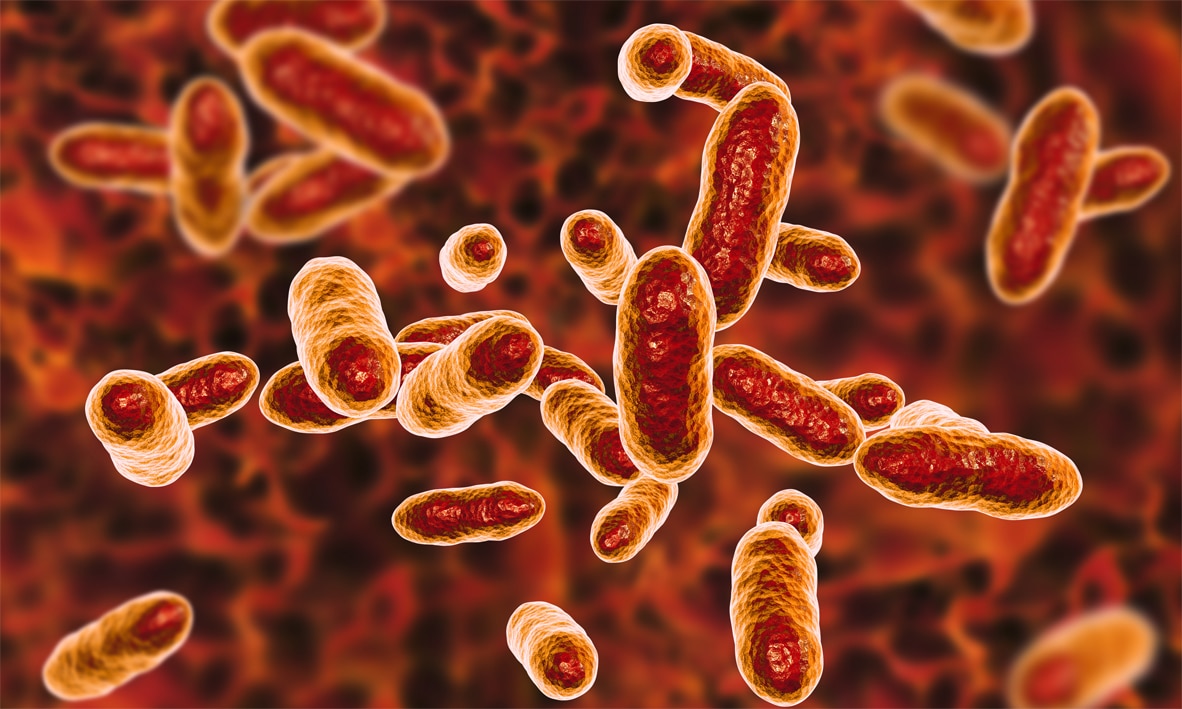
References:
Brennan-Calanan, R., Genco, R., Wilding, G., Hovey, K., Trevisan, M., & Wactawski-Wende, J. (2008). Osteoporosis and Oral Infection: Independent Risk Factors for Oral Bone Loss. Journal of Dental Research, 87(4), 323-327. doi:10.1177/154405910808700403
Harvard Health Publishing. (2015, May 20). Heart disease and oral health: role of oral bacteria in heart plaque – Harvard Health. Retrieved from https://www.health.harvard.edu/press_releases/heart-disease-oral-health
Ogrendik, M. (2009). Rheumatoid arthritis is linked to oral bacteria: etiological association. Modern Rheumatology, 19(5), 453-456. doi:10.1007/s10165-009-0194-9
Terpenning, M. (2005). Geriatric Oral Health and Pneumonia Risk. Clinical Infectious Diseases, 40(12), 1807-1810. doi:10.1086/430603
